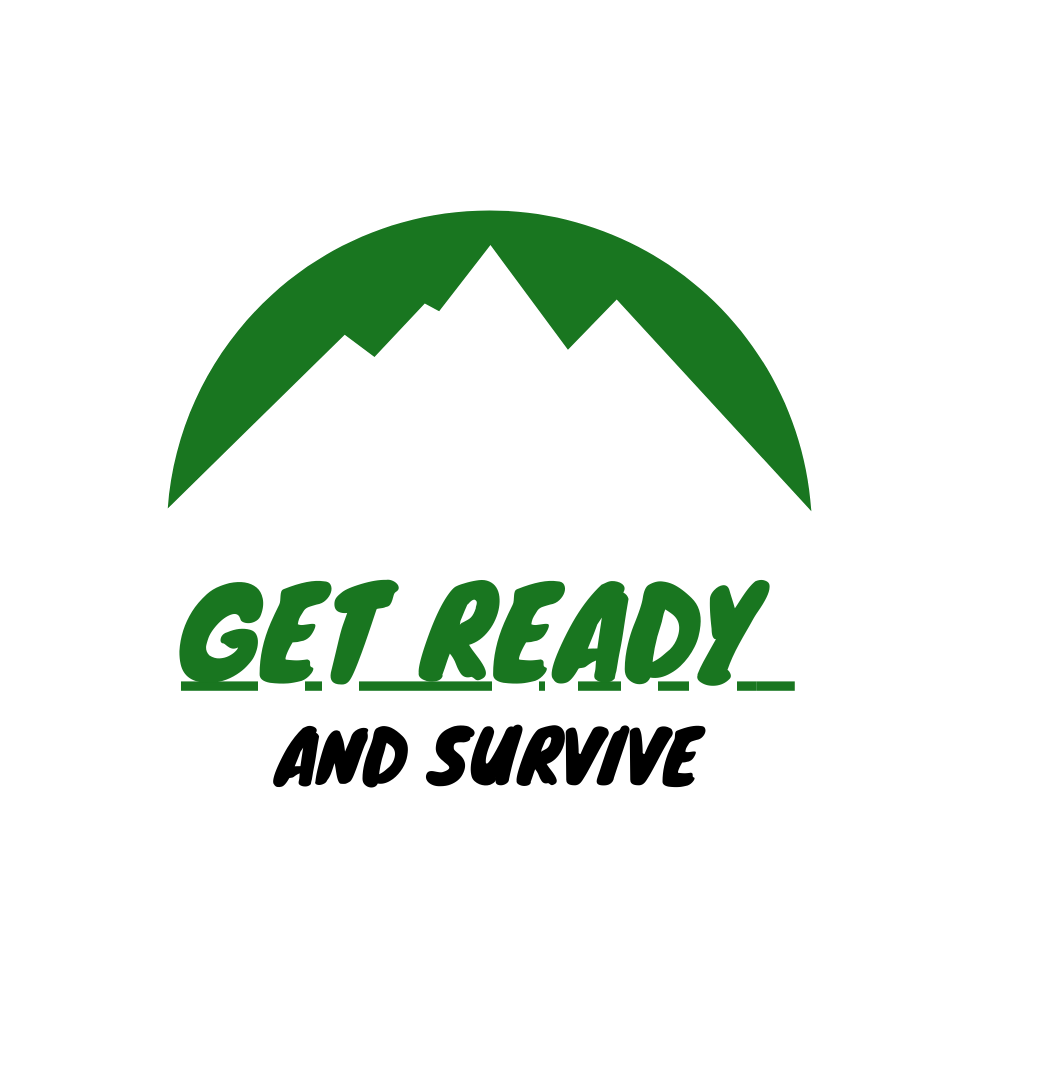In a world filled with uncertainty, the allure of preparedness is more captivating than ever. I have started preparing myself. Enter the preppers, a subculture of individuals who dedicate themselves to readying for the unexpected. From natural disasters to societal collapse scenarios, preppers meticulously plan for the worst while hoping for the best. Let's delve into this intriguing phenomenon and explore the motivations, methods, and myths surrounding the world of prepping.
Understanding the Prepper Mentality
At the heart of prepping lies a fundamental desire for self-reliance and resilience. Preppers believe in taking proactive measures to safeguard themselves and their loved ones against unforeseen challenges. For many, it's not a matter of paranoia but rather a practical response to a volatile world. Whether it's stockpiling food and water, honing survival skills, or fortifying their homes, preppers embrace a mindset of preparedness that extends beyond mere contingency planning.
Motivations Behind Prepping
The motivations driving individuals to become preppers are as diverse as the people themselves. Some are spurred by real-life experiences with disasters (Covid), witnessing firsthand the chaos and devastation wrought by hurricanes, earthquakes, or other crises. Others are motivated by a sense of societal unease, fueled by concerns about economic instability, political unrest, or the potential for technological breakdowns. For many, prepping is also a way to reclaim a sense of control in an increasingly uncertain world, providing a measure of peace amid chaos. Not depending on help from other and or the government.
The Art of Prepping
Prepping encompasses a wide range of practices and preparations, each tailored to individual needs and circumstances. Food and water storage are cornerstone elements of prepping, ensuring that basic needs can be met in times of scarcity. Emergency supplies, including medical kits, tools, and protective gear, are also essential components of any prepper's arsenal. Beyond physical provisions, preppers often focus on acquiring practical skills such as first aid, navigation, and self-defense, recognizing that knowledge is often the most valuable resource in a crisis.
Dispelling Myths and Misconceptions
Despite the growing visibility of prepping in popular culture, misconceptions about the movement abound. While some portray preppers as doomsday prophets holed up in bunkers, the reality is far more nuanced. Many preppers lead ordinary lives, balancing their preparations with work, family, and community engagement. Moreover, prepping is not solely a solitary pursuit; communities of preppers often form networks of mutual support and information sharing, emphasizing cooperation rather than isolation.
The Future of Prepping
As our world continues to face a multitude of challenges, from climate change to global pandemics, the appeal of prepping shows no signs of waning. In an era marked by uncertainty, the desire to be prepared resonates with an increasing number of individuals seeking to safeguard themselves and their loved ones. While the specific threats may evolve, the core principles of prepping – self-reliance, resilience, and community – remain as relevant as ever.
In conclusion, prepping represents a multifaceted response to the uncertainties of the modern world, embodying a blend of pragmatism, resilience, and community spirit. Whether viewed as a hobby, a lifestyle, or a philosophical stance, prepping offers its adherents a sense of empowerment in the face of uncertainty. In a world where the only constant is change, the ethos of preparedness serves as a guiding light for those who refuse to be caught off guard.


